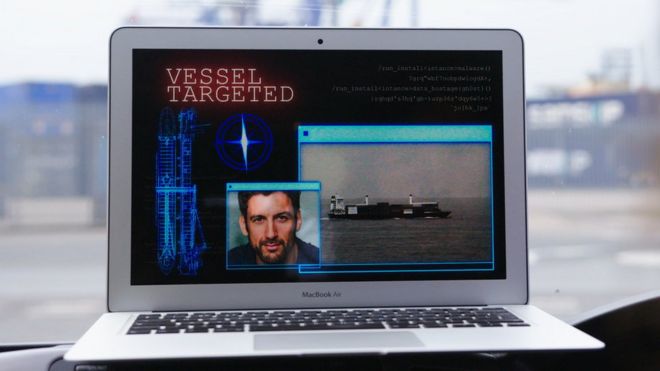 | ||
| Breaking into a shipping firm's computer systems could allow attackers to access all kinds of sensitive information
At the point when staff at CyberKeel researched email action at a medium-sized dispatching firm, they made a stunning disclosure.
"Somebody had hacked into the frameworks of the organization and planted a little infection," clarifies fellow benefactor Lars Jensen. "They would then screen all messages to and from individuals in the back office."
At whatever point one of the company's fuel providers would send an email requesting installment, the infection basically changed the content of the message before it was perused, including an alternate financial balance number.
"A few million dollars," says Mr Jensen, were exchanged to the programmers previously the organization cottoned on.
After the NotPetya digital assault in June, real firms including shipping mammoth Maersk were gravely influenced.
Indeed, Maersk uncovered for the current week that the occurrence could cost it as much as $300 million (£155 million) in benefits.
In any case, Mr Jensen has since quite a while ago trusted that that the delivery business needs to ensure itself better against programmers - the extortion case managed by CyberKeel was simply one more illustration.
The firm was propelled over three years prior after Mr Jensen collaborated with business accomplice Morten Schenk, a previous lieutenant in the Danish military who Jensen depicts as "one of those folks who could hack practically anything".
They needed to offer infiltration testing - investigative trial of security - to transportation organizations. The underlying reaction they got, be that as it may, was a long way from blushing.
"Ecdis frameworks practically never have hostile to infection," says Mr Saunders, calling attention to the powerlessness. "I don't think I've ever experienced a trader transport Ecdis unit that had hostile to infection on it."
These episodes are massively troublesome to sea organizations, yet really cataclysmic situations may include a programmer endeavoring to disrupt or even wreck a ship itself, through focused control of its frameworks.
Could that happen? Could, for instance, a decided and all around resourced assailant change a vessel's frameworks to incite a crash?
"It's splendidly attainable," says Mr Saunders. "We've shown evidence of-idea that that could happen."
What's more, the specialists are finding new courses into boats' frameworks remotely. One autonomous digital security specialist, who passes by the pen name x0rz, as of late utilized an application called Ship Tracker to discover open satellite correspondence frameworks, VSat, on board vessels.
For x0rz's situation, the VSat on a genuine ship in South American waters had default accreditations - the username "administrator" and secret key "1234" - as was anything but difficult to get to.
It would be conceivable, x0rz accepts, to change the product on the VSat to control it.
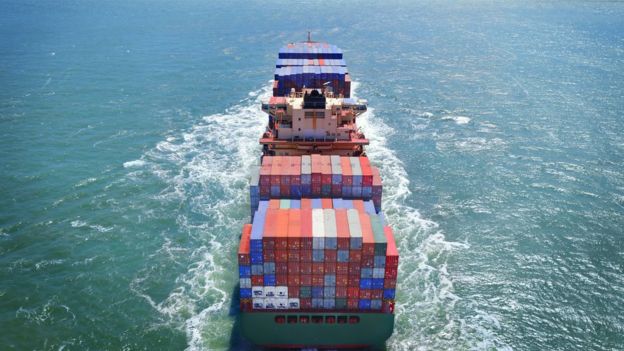
Commercial ships carry 90% of the world's trade
A focused on assault could even adjust the co-ordinates communicate by the framework, possibly enabling somebody to parody the position of the ship - despite the fact that transportation industry specialists have called attention to before that a mock area would likely be immediately spotted by oceanic spectators.
The maker behind the VSat unit being referred to has faulted the client for this situation for not refreshing the default security certifications. The unit has since been secured.
Safe adrift
Clearly the transportation business, in the same way as other others, has a great deal of work to do on such issues. Be that as it may, mindfulness is developing.
The Baltic and International Maritime Council (BIMCO) and the International Maritime Organization (IMO) have both as of late propelled rules intended to help dispatch proprietors shield themselves from programmers.
Patrick Rossi calls attention to that team with a poor comprehension of the dangers they bring with USB sticks or individual gadgets ought to be made mindful of how malware can spread between PCs.
This is all the more critical on the grounds that the staff on load up vessels can change regularly, as individuals go on leave or are reassigned.
Be that as it may, there are more than 51,000 business sends on the planet. Together, they convey most by far - 90% - of the world's exchange. Maersk has officially experienced critical interruption on account of a bit of especially harmful malware.
The inquiry many will be soliciting in the wake from this and different cases now being made open is: What may occur next?
|
Post Top Ad
domingo, 3 de diciembre de 2017
How programmers are focusing on the delivery business
Suscribirse a:
Enviar comentarios (Atom)

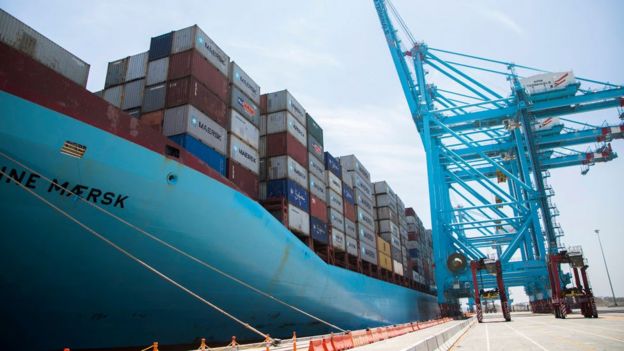
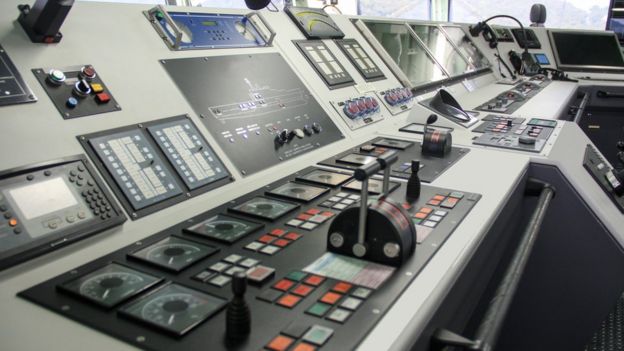
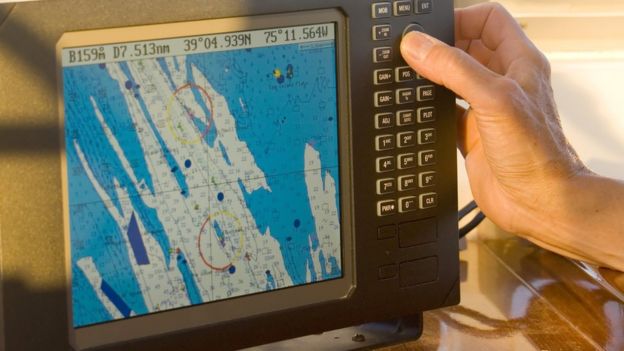
No hay comentarios:
Publicar un comentario